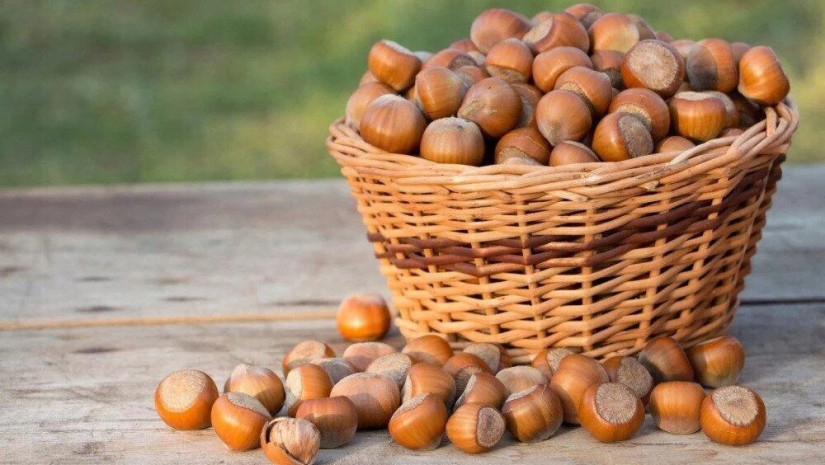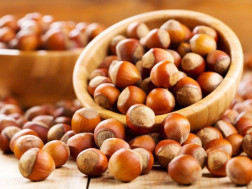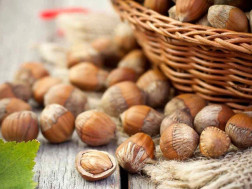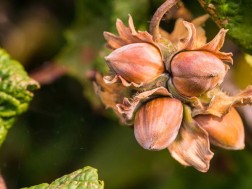Due to cold spring, the harvest of hazelnuts in Georgia began a week or two later than expected. Exporters hope for a high yield and better quality. However, the rains, which have been flooding Western Georgia for five days and are forecasted until the end of the week, may delay the harvest. High humidity can also negatively affect the quality of kernels.
The sector leader is Turkey with its 60-75% share in both world production and export of hazelnuts, therefore, supplies from Turkey often determine world prices. Hazelnut growers this week were awaiting the announcement of purchase prices by the Turkish Grains Board (TMO), which sets the minimum price for government purchases, but due to the ongoing fires in the south of the country, no announcements have yet been made. The market froze in anticipation. At the same time, last year’s hazelnuts are still traded in Turkey, farmers sell inshell nuts at $ 5 per kg.
It should be reminded that this season Turkey expects about 700,000 tons of hazelnuts, which will be about 80,000 tons more than in 2020.
Uncertainty also affects the sector in Georgia. Large exporters have not yet purchased hazelnuts due to unfavorable weather in the western part of the country, as well as the wide range of prices announced by farmers.
At the same time, contracts for supplies to the EU are already being concluded. According to Mamuka Beriashvili from the NutsGe company, international tenders are being held at this time and large contracts valid till the end of the year are being signed. Based on this, the price on the European market has already settled in the range of $ 5.50-6.50 per kg of kernel.
Now only single batches are being formed for export in Georgia, since European traders are not active yet. The price of export-quality hazelnut kernels, including shipping to Europe by sea, ranges from $ 5.70-6 per kg (Delivered Duty Paid – DDP).
According to Bahia Salukvadze from the GPR group, it is already clear that Georgia will have a good harvest of walnuts, but the quality is still questionable. In Kakheti, where the company has a storing and processing enterprise, high quality indicators are expected due to the favorable climate, better care and no pests. In Samegrelo there are still issues with pests and fungal diseases. But thanks to a better harvest, there will be plenty to choose from this year.
















